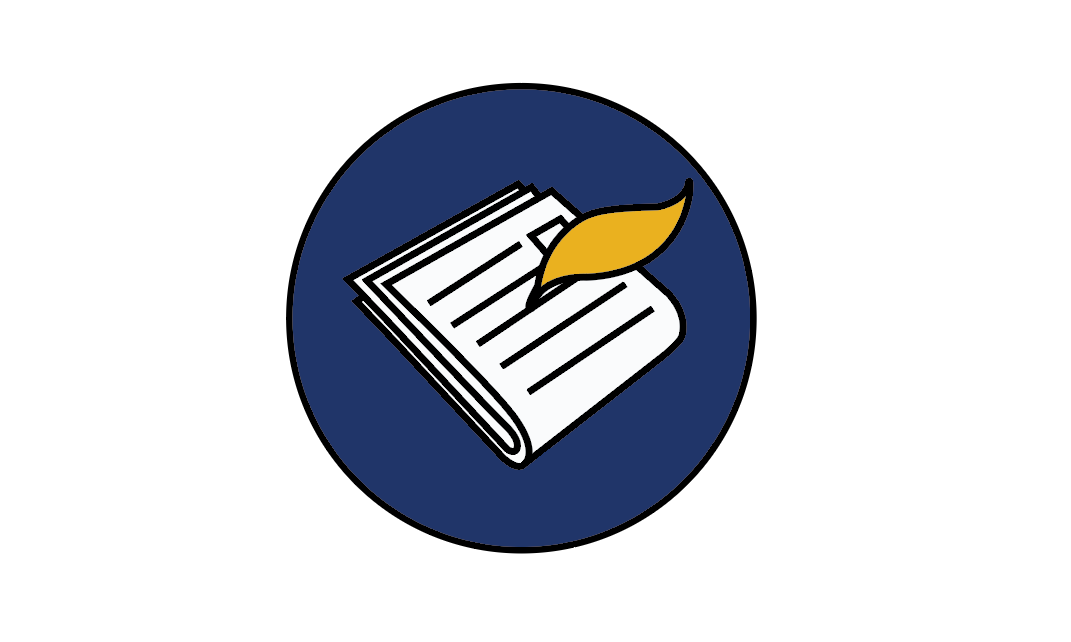Identity theft is a serious problem in the United States. According to the Bureau of Justice Statistics, there were 17.6 million reports of stolen identities in 2014 with an average of $3,500 in losses. In an effort to protect your identity, always be careful about what information you share. Information that should be protected include your name, social security number (SSN), date of birth, phone number, and address.
Be sure to shred documents and receipts. These pieces of paper contain personal information on them. Any document that has personal information on it such as bank receipts, register receipts, bills, medical records, etc. should be shredded. It is best to use a cross-cut shredder, as that will distort the information.
Be careful about who you give your SSN number to. Only give someone your SSN if you absolutely have to. Try asking if there are any other forms of identification you can give instead. Do not walk around with your SSN card or have it written down anywhere unless you have to. It is best to keep your SSN card locked in a hidden fire and waterproof safe.
Another way that thieves can get personal information is by hacking onto devices and accounts. It is very important to have a password protected lock screen on your phone, tablet, and computer. It is also crucial to have anti-spam/virus software installed. This will help protect you from hackers and keep you at less risk from unsafe websites. Having a proper password for all accounts is important as well. For example, no one should leave their my.snhu.edu account password as their birthday because it is easily hackable. Also don’t have your password be “password” or “123456.” Those are some of the most popular passwords, which makes your account easier to attack. Keep your passwords long with varying numbers, letters and special characters. Try to have a different password for each account and change them every couple of months to increase security. Be careful when downloading apps on your phone. Before downloading an app, read what permissions are required for the app to run. Many apps require a lot of extra unnecessary permissions. If you are unsure about an app, read through the ratings and comments to see if anyone has had problems with it.
Lastly, protect yourself from phishing scams. Phishing scams are emails and phone calls that claim to be a part of a trustworthy organization, but are actually just trying to get information out of you in order to steal your identity or request money from you. According to Auburn University, these emails can look so convincing that 80,000 people fall for them every day. You can always call the company the email is claiming to be prior to entering in any information, to ensure it is legit.
Always be careful about who you give your information to. If you think your identity might have been stolen, call your local police station.




